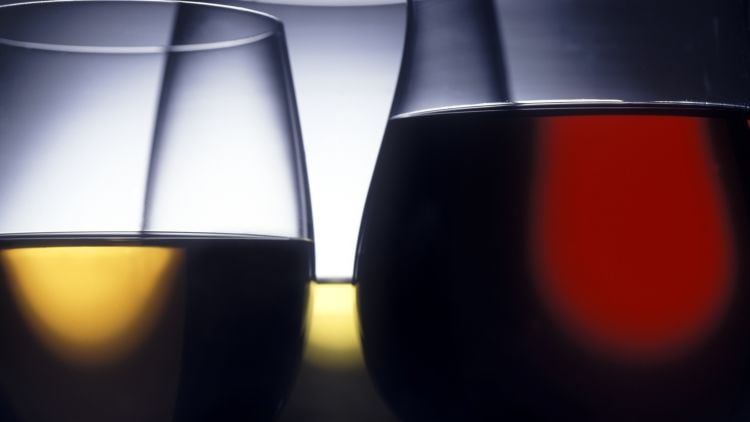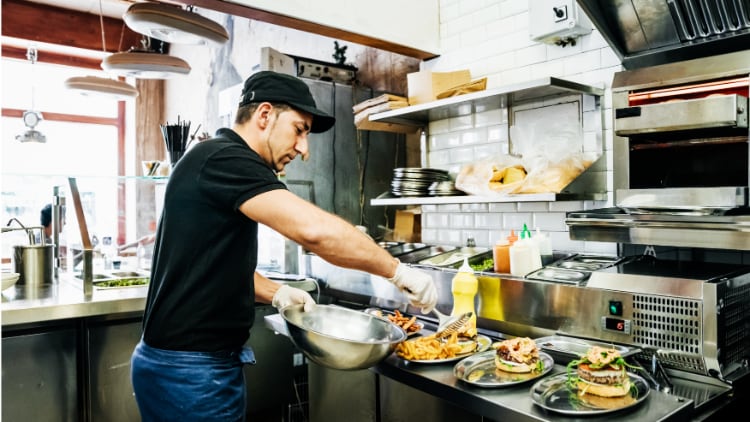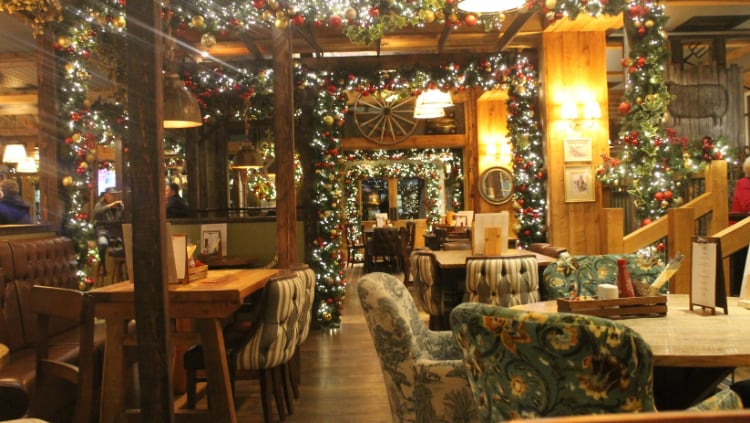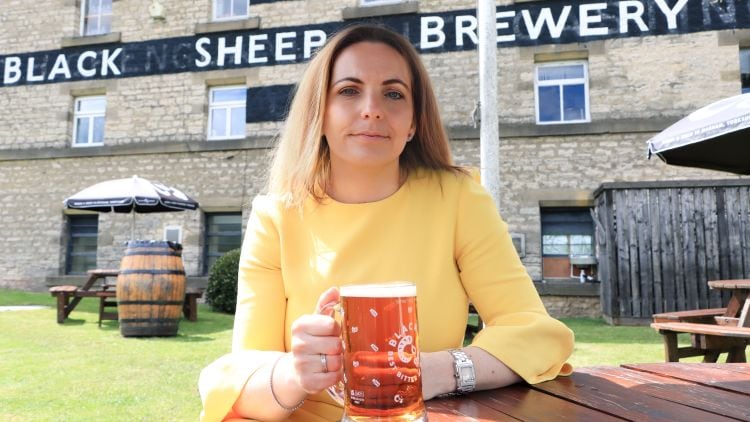Paying attention to policy consultations
Q: The local council sent an email to me the other day confirming that they are undertaking a consultation regarding their Statement of Licensing Policy and provided details for me to contribute any comments. Is it worthwhile providing a response?
A: In my view, your input and those of other local licensees is vitally important. This is your local area and your opportunity to have a say in how licensing is managed. Each local authority is legally bound to publish a Statement of Licensing Policy, which sets out how they will approach licensing decisions within their area.
The Policy includes guidance on licensing applications and matters an applicant is expected to address along with details of any special policies adopted. Special policies may include ‘framework’ licensing hours, where any applications for licensable activities outside those hours will receive greater scrutiny and likely meet with representations from responsible authorities and result in a hearing to determine the application.
The consultation may seek to adopt a Cumulative Impact Policy which is another type of special policy which effectively creates a presumption to refuse new licences and material variations (such as applications for later trading hours) in specified areas. Where an existing Cumulative Impact Policy is in place, although these are required to be reviewed every three years, the local authority may take this opportunity to also consult on the existing Cumulative Impact Policy and any changes such as extending an area to cover more premises or to remove the policy entirely.
You should carefully review the draft policy and proposed changes in the event they may impact upon your future planning. If you are looking to buy another site which requires a new premises licence or extend trading hours at your existing licensed premises for example, the introduction of framework hours or a cumulative impact policy may make your application harder to get approved and you may want to either get your application in before this change takes effect or raise objections to the introduction of such a policy during the consultation period (and ideally get other licensees/ stakeholders to do the same) – or both. Once the consultation period has ended and any policy revisions have been adopted, it will be too late, as a licensing policy will remain in force for up to five years and any Cumulative Impact Policy for up to three years.
Wine by the glass
Q: I run a small wine bar and yesterday I had a visit from my local licensing and trading standards officers as part of a licensing compliance inspection. Everything went well except that the officers explained that I need to offer wine in measures of 125ml. Usually I offer my customers a small number of wines by the glass in 175ml and 250ml glasses with others only being available by the bottle. Is it correct that I need to offer each wine in the smaller 125ml measure? If so, do I need to have smaller 125ml specific wine glasses too?
A: There is a ‘small measures’ mandatory condition which applies to all premises licences and part of this condition requires still wine sold by the glass to be available to customers in 125ml measures. You also need to clearly indicate to customers the availability of this smaller measure on your menus, price lists or other printed material.
Also, if a customer does not specify the quantity of alcohol they want, for example if they ask for a glass of red wine, you need to make them aware that the smaller measure is available. The requirement to provide smaller measures of 125ml only applies to still wine sold by the glass. Therefore, the wines you only sell by the bottle are not required to be offered by the glass in 125ml (or indeed any other quantities) - as long as each still wine you offer by the glass is also available in the 125ml quantity then you will be complying with the mandatory condition and avoid risking enforcement action. You do not need any special 125ml glassware, however you do need to ensure you have the appropriate equipment to accurately pour the 125ml measure.
- Suraj Desor is a senior associate solicitor for Poppleston Allen




